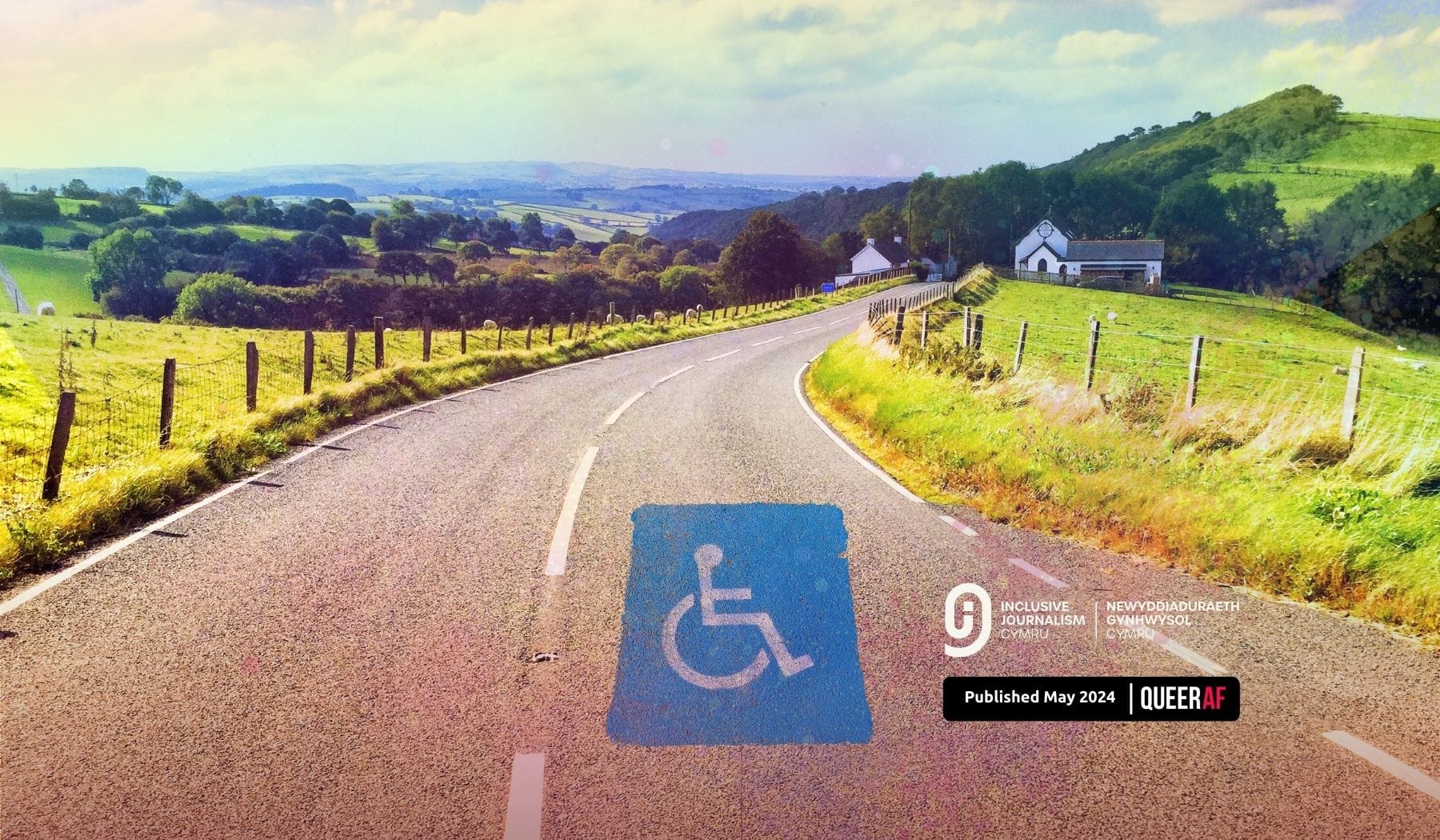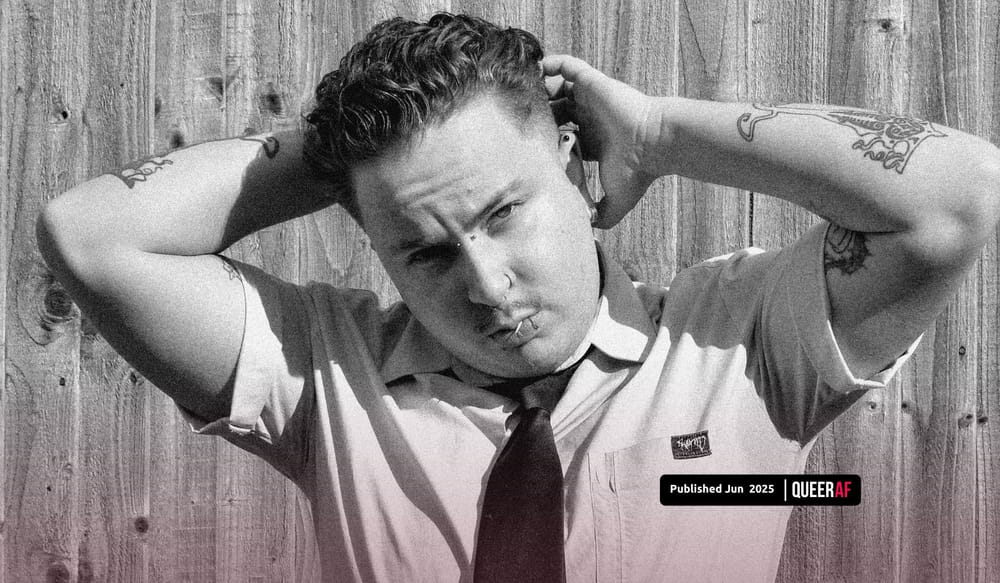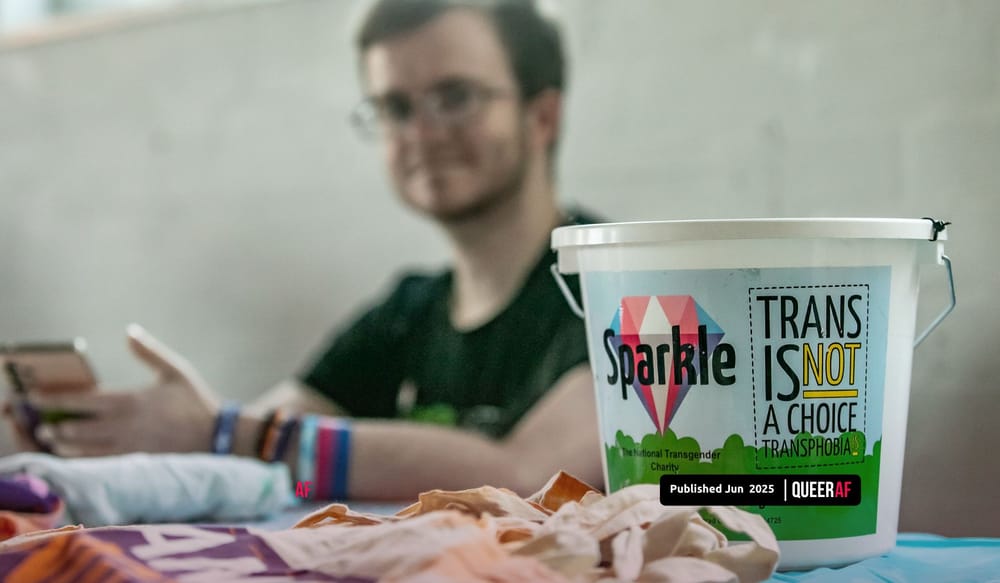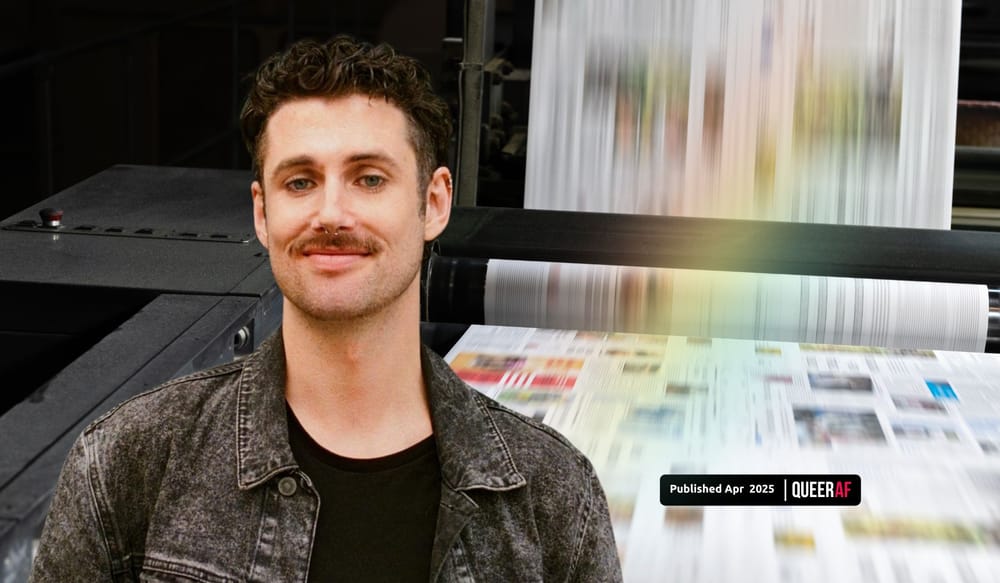
As someone who has lived in and around the South Wales Valleys most of my life, going anywhere is never quick.
If you’re disabled and unable to drive things can get even slower. Where I live, the best we have is an hourly bus - if you’re lucky - to the nearest town.
When most LGBTQIA+ groups are based in cities like Cardiff and Swansea, being a disabled LGBTQIA+ person can feel isolating, particularly living in a more rural area.
Although there are groups that are starting to focus on disabled LGBTQIA+ people, they are often targeted towards younger people and teenagers. There is an absence of social spaces available for disabled LGBTQIA+ people over 25, where we can build friendships and be a part of both communities.
Even having access to a monthly group would give us a space to share our experiences with other disabled LGBTQIA+ people. It could also help to build support networks for people who otherwise may not have the chance.
Take LGBTQIA+ carers - 7 in 10 have a disability or long-term health condition. The opportunity to join a dedicated regular group could provide a chance for them to feel less isolated and removed from the wider LGBTQIA+ and disabled communities, as being a carer may restrict their ability to engage with others on a day-to-day basis.
There are a variety of reasons why someone could find themselves becoming disabled in adulthood when they were not previously.
You might be diagnosed later in life, for example with ASD (Autism Spectrum Disorder). You might become a wheelchair user due to an injury that has a long-term impact.
Some people weren’t able to engage with the LGBTQIA+ community when they were younger, perhaps due to the time and place they grew up in, or to feeling more comfortable in their identity as an adult.
As someone whose ASD journey started at 31, I’ve spent a lot of time sifting through information, support and apps aimed at helping young children.
Although social spaces for disabled and LGBTQIA+ people aim to be inclusive and welcoming to everyone, this doesn’t necessarily reflect the needs of everyone.
When I have attended groups for disabled or neurodivergent people previously, I have always felt that I couldn’t talk openly about being queer and non-binary. Because of this my stays in these groups were short-lived, or resulted in me barely engaging with others.
Attending LGBTQIA+ meet-ups and events can be difficult as someone who depends on public transport to get around, which can be either unreliable or have restricted hours. In my local area there was a group that met in an industrial estate cafe, which is almost impossible to get to with the Sunday bus timetable I’d need to rely on. The time or location of events in relation to public transport have often been barriers to me attending.
When someone faces both these issues, particularly in less urban areas, it can lead to feeling isolated and separate from both communities.
If support groups are designed with the attendance of disabled LGBTQIA+ people in mind, we can help those who currently feel isolated or unable to be as active in the community. This could also create representation of people in local areas, rather than leaving so many disabled LGBTQIA+ feeling they need to navigate the many barriers of public transport to get to the nearest city.
By considering the challenges faced by disabled LGBTQIA+ people in rural areas, we can begin to create more accessible and varied venues for us to meet - maybe a local community hub, a coffee shop, or forming a team at a quiz night.
When the only way you can get involved is by catching multiple buses and checking several timetables, it can get disheartening. But if people and organisations started to look outside the cities we, as disabled LGBTQIA+ people, could get more involved.
We would feel genuinely included and be able to bring new ideas to the table, giving us a way to find our queer joy closer to home.
This article is part of a QueerAF and Inclusive Journalism Cymru partnership dedicated to uplifting Welsh LGBTQIA+ emerging and marginalised journalists.
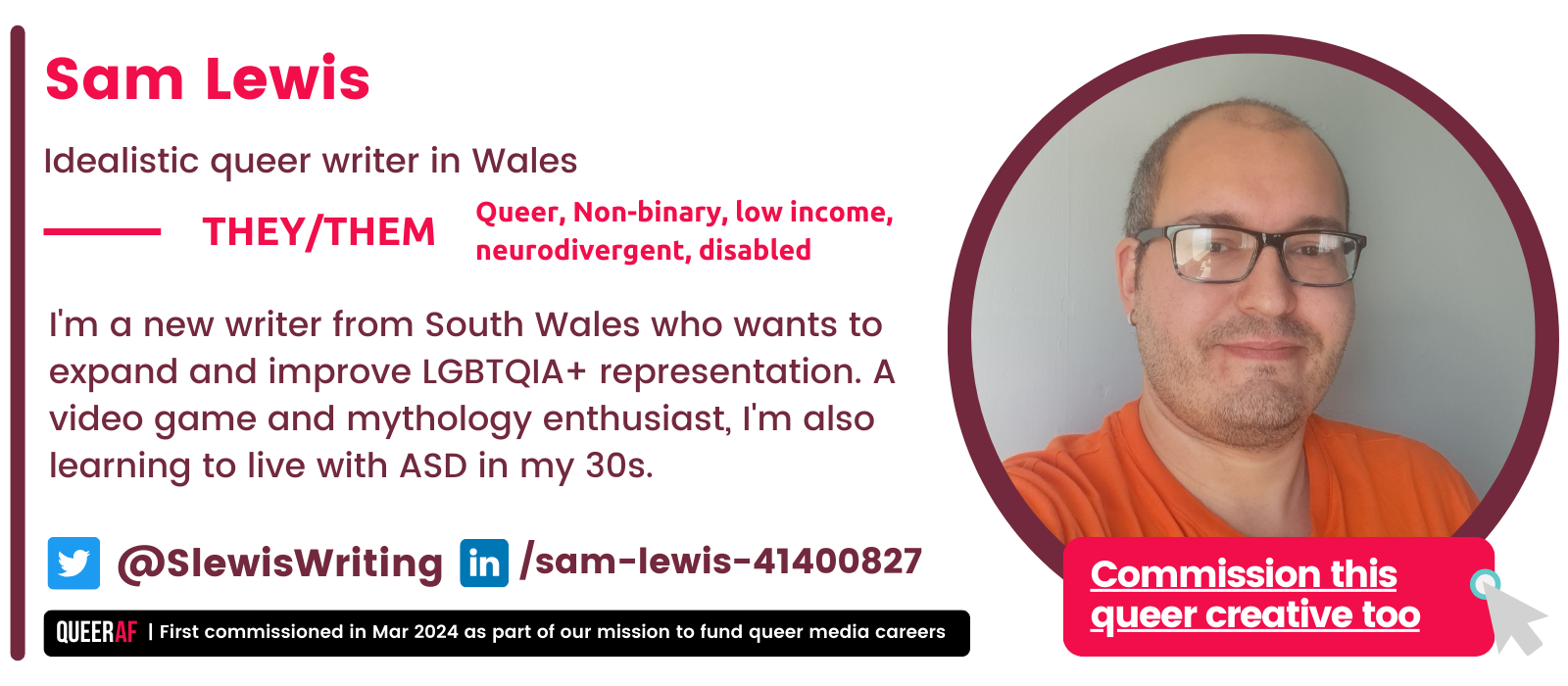
Get the Queer Gaze in your inbox each week with our free weekly newsletter or pitch to write an edition for us now.
QueerAF has partnered with Inclusive Journalism Cymru.
Together we're running a dedicated series of think pieces as part of a unique set of Queer Gaze commissions - our landmark writing scheme.
The articles are being written by three LGBTQIA+ journalists from Inclusive Journalism Cymru's network.
The Queer Gaze is a space in the QueerAF newsletter to commission emerging and underrepresented queer creatives to get published, receive mentorship, and kickstart your career.
Each commission comes with a unique 'retrospective' sub-editing session designed to put you in control of your article.
It's helping Welsh LGBTQIA+ creatives build journalistic craft and strategic communication skills.
You can support our work by becoming a QueerAF member.


